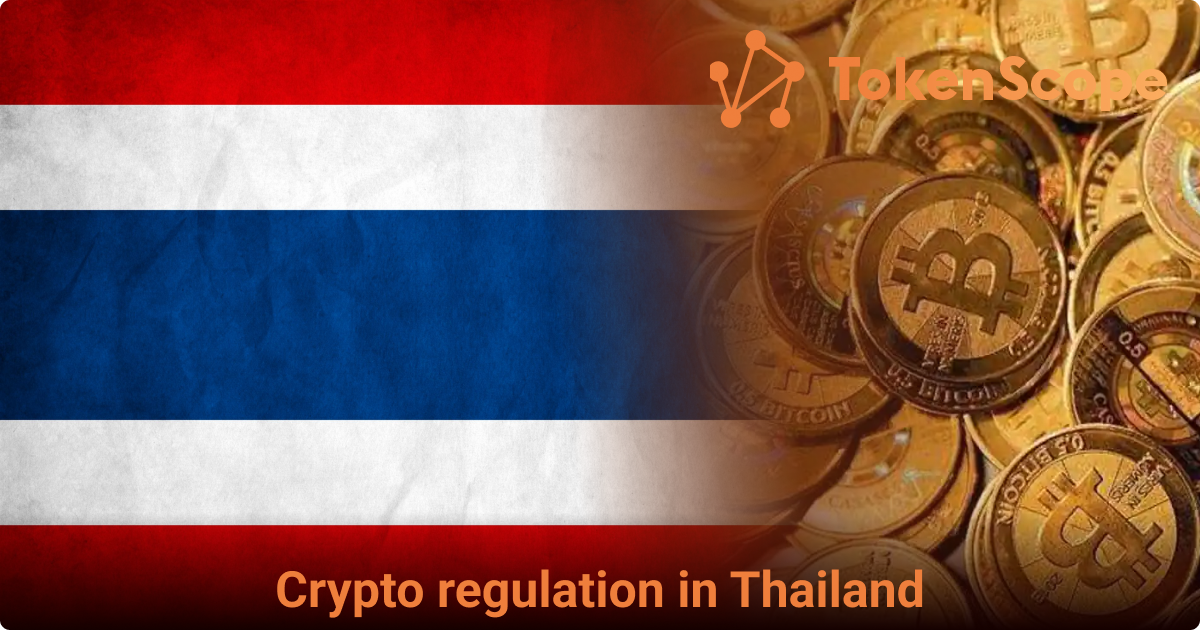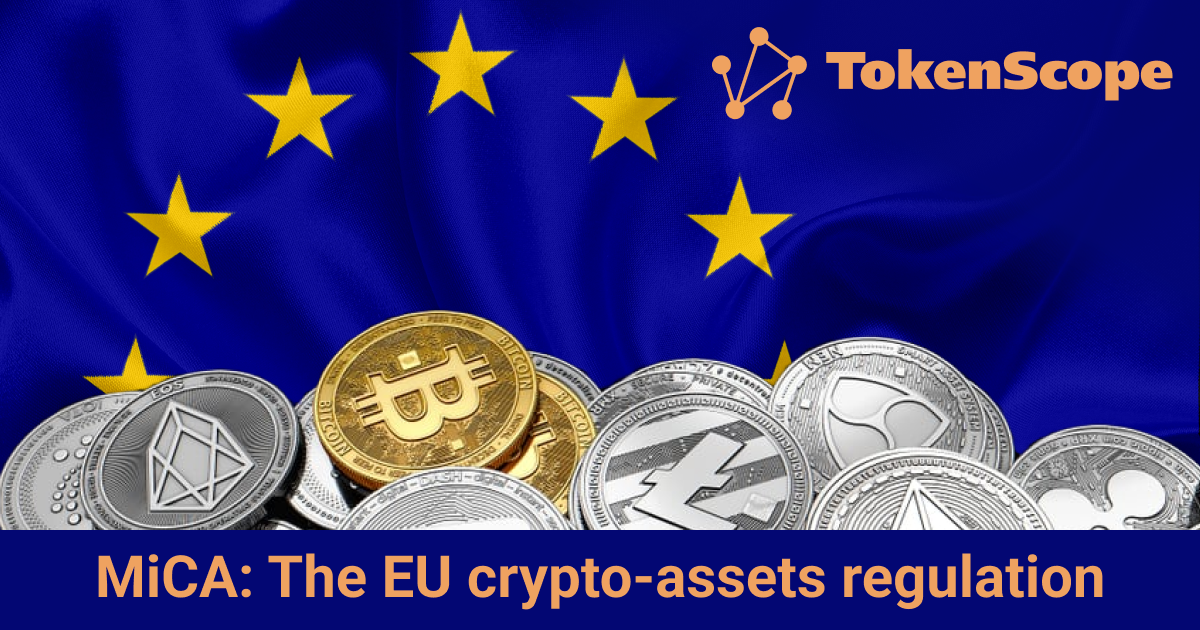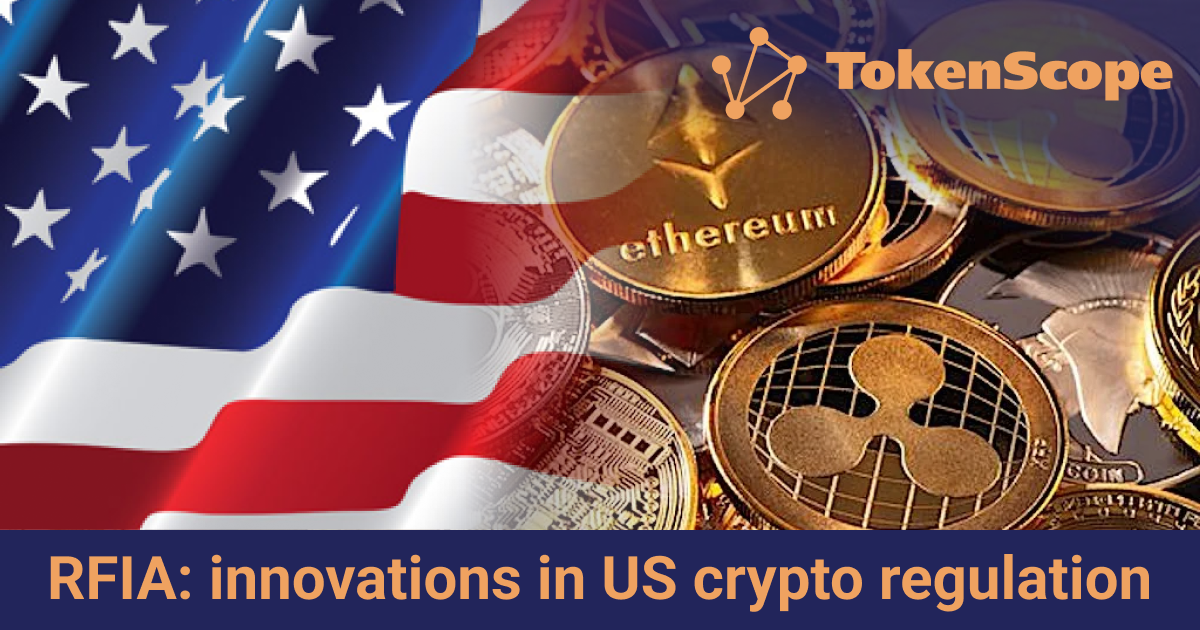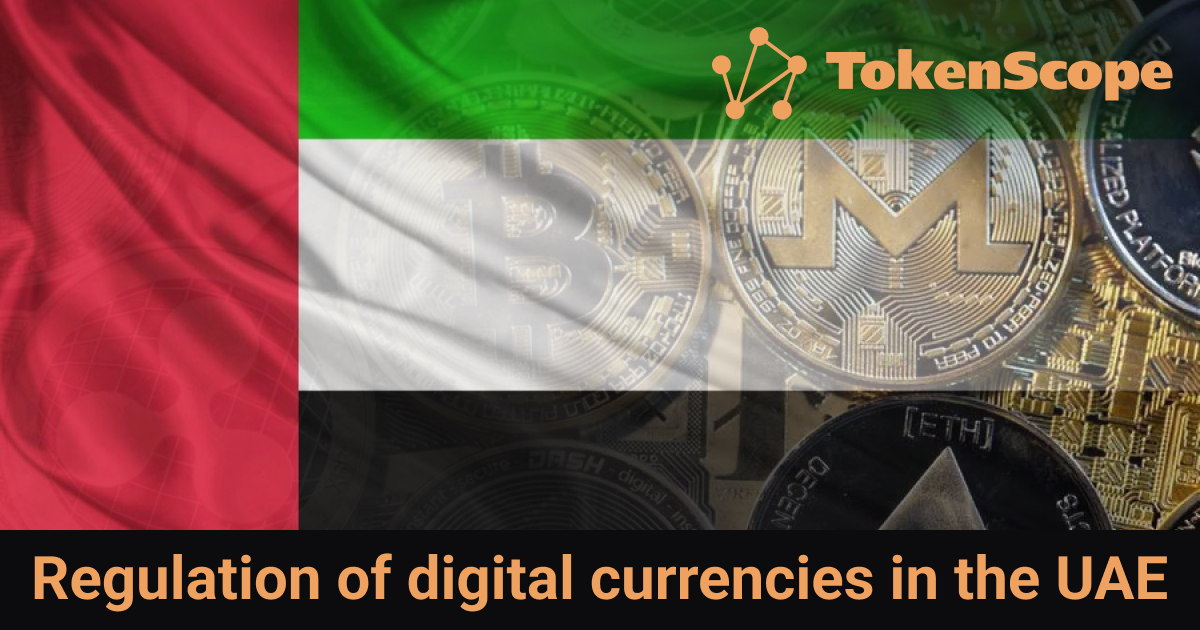Crypto regulation in Thailand

Thailand has emerged as one of the most crypto-friendly nations globally, ranking 10th in terms of adoption. Approximately 12% of the population engaged with cryptocurrencies as of 2022, driven by interest during the COVID-19 pandemic. The Thai government has generally adopted a supportive stance towards digital assets, recognizing their potential for innovation and economic growth. This attitude is reflected in the proactive approach taken by regulatory bodies like the Securities and Exchange Commission (SEC) and the Bank of Thailand (BoT) to create a balanced regulatory environment.
Cryptocurrencies status
The cryptocurrency market in Thailand has witnessed rapid growth, with over 2.94 million user accounts on various exchanges. The market has diversified, with a notable interest in non-fungible tokens and initial coin offerings. The Thai SEC has introduced regulations to ensure investor protection and market integrity, which has contributed to a more structured and secure trading environment.
Thailand's regulatory framework for cryptocurrencies is primarily governed by the Digital Asset Business Decree and the Securities and Exchange Act. These laws require all digital asset businesses, including exchanges and ICOs, to obtain licenses from the Ministry of Finance.
In March 2024 the amendments to the regulations governing ICOs were introduced, enhancing governance and investor protection. These changes took effect on April 16, 2024, and include requirements for annual audits, stricter advertising guidelines, and improved voting rights for token holders.
While specific regulations for stablecoins are still being developed, the Thai SEC has indicated its intention to provide a clear framework for these digital assets, focusing on consumer protection and financial stability. The Thai government plans to continue refining its regulatory framework to adapt to the evolving cryptocurrency landscape. This includes potential measures to address emerging risks associated with digital assets and to promote responsible growth within the sector.
Currently, cryptocurrencies are not recognized as legal tender in Thailand; however, individuals and companies can use them as a means of payment for goods and services. The regulatory framework allows for the acceptance of cryptocurrencies in commercial transactions, although this is still developing.
Virtual asset service providers (VASPs)
In Thailand, cryptocurrencies can be bought and sold through licensed exchanges. Users typically need to create an account, complete identity verification, and deposit funds to start trading. Some of the most popular cryptocurrency exchanges in Thailand include Bitkub, Satang Pro, KKEX and others. These platforms offer a range of services, including trading in Bitcoin, Ethereum, and other digital assets.
International exchanges like Binance and Coinbase are also widely used by Thai investors, providing access to a broader range of cryptocurrencies and trading options.
Mining
Crypto mining is legal in Thailand, provided that miners adhere to existing regulations. Miners must register their operations and comply with the relevant laws concerning energy consumption and taxation. Mining has gained popularity in Thailand, particularly as the country has abundant energy resources. However, the government is closely monitoring mining activities to ensure they do not lead to excessive energy consumption or environmental concerns.
While authorities have not actively pursued a crackdown on mining, they are vigilant about ensuring compliance with regulations. Future plans may include clearer guidelines to manage the environmental impact of mining operations.
Taxation
In Thailand, income derived from cryptocurrency trading is subject to taxation. The current tax framework includes capital gains tax for individuals trading on licensed exchanges and Value Added Tax for cryptocurrency transactions on unauthorized platforms. Those who trade on authorized platforms are not obliged to be registered as VAT payers. Following the crypto adoption, the Thai government is exploring the possibility of issuance of digital baht. Digital baht - the Central Bank Digital Currency (CBDC), is set to launch in the fourth quarter of 2024. This initiative aims to enhance the existing payment systems and provide a digital currency option for citizens, similar in value to traditional banknotes but in a digital format. The rollout will coincide with a broader economic stimulus plan, which includes distributing digital wallets containing 10,000 baht to approximately 50 million lower-income citizens. This project, announced by Prime Minister is designed to encourage local spending and is expected to significantly boost the economy. The digital wallet program is part of a 500 billion baht initiative, with funding sourced from the national budget over the next two years.
While the Bank of Thailand has been piloting the digital baht since last year, officials have indicated that there is no immediate plan for a full-scale launch until the end of 2024, allowing time for further development and integration into the financial system.
On August 2024, Thailand's financial regulators, led by the SEC, have launched a new «Digital Asset Regulatory Sandbox» to promote innovation in the country's crypto and digital asset industry. The sandbox aims to provide a controlled environment for companies to test and refine new cryptocurrency services under a flexible regulatory framework. It will allow participants to experiment with crypto-related business ideas without the immediate pressure of full regulatory compliance.
Thailand's approach to cryptocurrency regulation reflects a commitment to fostering innovation while ensuring investor protection and market integrity. As the landscape evolves, ongoing regulatory developments will play a crucial role in shaping the future of digital assets in the country.




